20+ Years Experience
Specialist Addiction Rehab

Alcohol abuse can have devastating effects on both physical and mental health. Prolonged abuse of alcohol can lead to a range of long-term health issues. However, the question arises whether the damage caused by years of alcohol abuse can be reversed.
Understanding the long-term effects of alcohol abuse is essential to comprehend the potential for recovery. Alcohol abuse can result in liver damage, impaired brain function, nutritional imbalances, and mental and emotional changes. But the good news is that with the right steps and support, it is possible to reverse some of the damage caused by alcohol abuse.
To reverse the effects of alcohol abuse, it is crucial to seek professional help. A healthcare professional can provide guidance and develop a personalised treatment plan. Making necessary lifestyle changes, such as adopting a healthy diet, engaging in regular exercise, and avoiding triggers, can also contribute to the recovery process.
Having a strong support system in place, including friends, family, and support groups, can provide the necessary encouragement and accountability.
Addressing the physical health effects of alcohol abuse involves repairing liver damage, improving brain function, and restoring nutritional balance. This may include medical interventions, therapy, and implementing a balanced and nutritious diet.
Furthermore, reversing the mental and emotional effects of alcohol abuse requires seeking therapy and counselling. Professional help can assist in addressing underlying issues, developing coping mechanisms, and managing co-occurring mental health disorders that may have contributed to alcohol abuse.
Finally, it is crucial to support and maintain long-term recovery by adopting healthy coping mechanisms, engaging in support groups, and participating in sobriety programs. These strategies can help individuals navigate challenges, build resilience, and sustain a sober lifestyle.
While the effects of long-term alcohol abuse can be severe, with proper support and dedication, it is possible to reverse some of the damage and achieve a healthier, happier life in recovery.
Visit our Rehab Centre in Berkshire today for expert advice on reversing alcohol abuse.
Years of alcohol abuse can be reversed to some extent.
Quitting alcohol helps the body heal and recover.
Over time, the liver can repair itself, cognitive function may improve, and overall health can be restored. The extent to which reversal occurs varies depending on individual circumstances and the severity of the damage caused.
The long-term effects of alcohol abuse can include liver damage, impaired brain function, and nutritional imbalances.
These effects may lead to conditions such as cirrhosis, dementia, and malnutrition. Seeking professional help and making lifestyle changes are essential steps in reversing the damage caused by alcohol abuse.
It is indeed possible to reverse the damage caused by alcohol abuse.
Here are some steps that can help:
Seeking professional help is essential in the process of reversing years of alcohol abuse.
A qualified healthcare professional can offer the required guidance, support, and treatment options to assist individuals in overcoming their addiction and reclaiming control of their lives.
We offer alcohol rehab at competitive prices to ensure you get the help you need at a reasonable cost. For more information, please make sure to contact our team.
To reverse years of alcohol abuse, it is crucial to make lifestyle changes.
Developing a Support System Looking to reverse years of alcohol abuse? Let’s delve into the important aspect: developing a strong support system.
Explore the benefits of repairing liver damage, enhancing brain function, and restoring nutritional balance. Prepare yourself for a transformative journey towards a healthier, alcohol-free life.
It’s time to take charge and establish the groundwork for lasting recovery.
In this section, we will explore the potential for reversing the harmful effects of alcohol on the body.
We will discuss strategies that offer hope and potential recovery for individuals who have struggled with long-term alcohol abuse, including repairing liver damage, enhancing brain function, and restoring nutritional balance.
Let’s now delve into the journey towards reclaiming physical well-being after years of alcohol abuse.
To repair liver damage caused by alcohol abuse, you can take certain steps. Firstly, it is important to seek professional help in order to assess the extent of the damage. Following this, making lifestyle changes such as quitting alcohol and adopting a healthy diet can be beneficial.
It is crucial to maintain a nutritional balance in order to aid in the repair of the liver. Lastly, it is important to follow medical advice and treatments in order to restore liver function.
To improve brain function after years of alcohol abuse, follow these steps:
Restoring nutritional balance after alcohol abuse is essential for the body’s recovery. To achieve this, follow these steps:

The long-lasting effects of alcohol abuse can be reversed, contrary to popular belief. This section explores the process of reversing the mental and emotional impact of alcohol abuse.
We will discuss the power of seeking therapy and counselling, as well as the crucial importance of addressing co-occurring mental health disorders. Prepare to explore the potential for healing and reclaiming a brighter future.
Seeking therapy and counselling is essential in reversing the effects of alcohol abuse. Professional help can address underlying psychological issues and provide personalised treatment plans.
Therapy sessions can assist individuals in comprehending and managing triggers, developing healthier coping mechanisms, and rebuilding relationships.
Counselling also plays a significant role in addressing co-occurring mental health disorders that may have emerged from alcohol abuse.
Addressing co-occurring mental health disorders is essential in reversing the effects of alcohol abuse. Seeking therapy and counselling can assist individuals in addressing underlying mental health conditions like depression or anxiety.
By addressing these co-occurring disorders, individuals can enhance their overall well-being and increase their chances of long-term recovery.
Recovering from years of alcohol abuse is a difficult process, but it can be aided and sustained with the appropriate strategies.
This section will examine how adopting healthy coping mechanisms, joining support groups, and participating in sobriety programs can be vital in attaining long-term recovery.
Let’s delve into the tools and resources that can have a lasting impact on the lives of individuals seeking to reverse the effects of alcohol abuse.
Adopting healthy coping mechanisms is crucial for individuals in recovery from years of alcohol abuse. Here are steps to assist in this process:
Some of the brain damage caused by alcohol can be reversed.
When alcohol consumption is stopped, the brain’s cells return to their normal volume, and the recovery of the brain from alcohol-induced volume loss occurs within the first 14 days of abstinence.
Alcohol abuse can lead to shrinkage of the brain’s grey matter and an increase in cerebrospinal fluid.
This shrinkage is associated with memory loss, concentration deficits, and increased impulsivity.
The recovery of the brain from alcohol-induced volume loss occurs within the first 14 days of abstinence.
However, different areas of the brain recover at different rates, with motor skills improving quickly and higher cognitive functions taking longer to recover.
Current research suggests that alcohol abuse treatment should last for at least two weeks to allow the brain to recover.
Proper treatment should address both the detox phase and support the brain’s recovery process.
Alcohol-related brain damage can be prevented by abstaining from heavy alcohol use and seeking treatment for alcohol use disorder.
Chronic alcohol abuse is associated with structural damage, neuropsychological deficits, and functional impairments in the brain.
If you are seeking help for alcohol abuse treatment, it is recommended to call a member of our team.
We offer professional support and guidance in addressing alcohol-related issues.
Visit one of our rehab clinics today. We have various centres in the UK from Kent to Edinburgh.
There are a range of other services that we can provide. Have a look at the list below for more information:
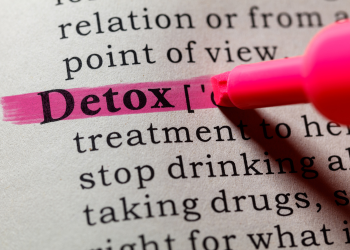













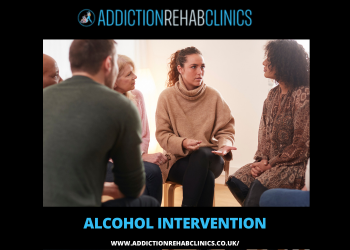
















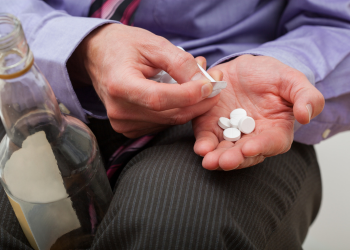




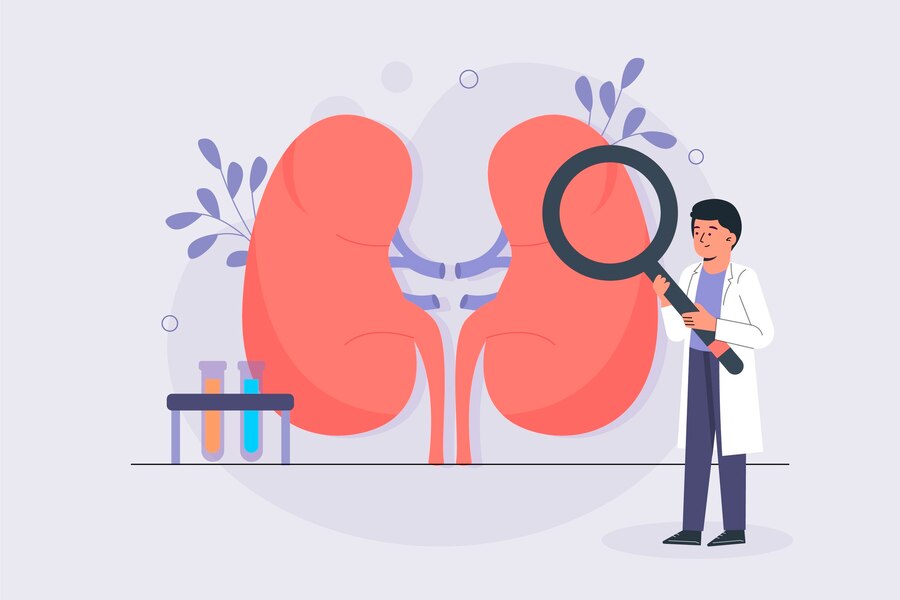



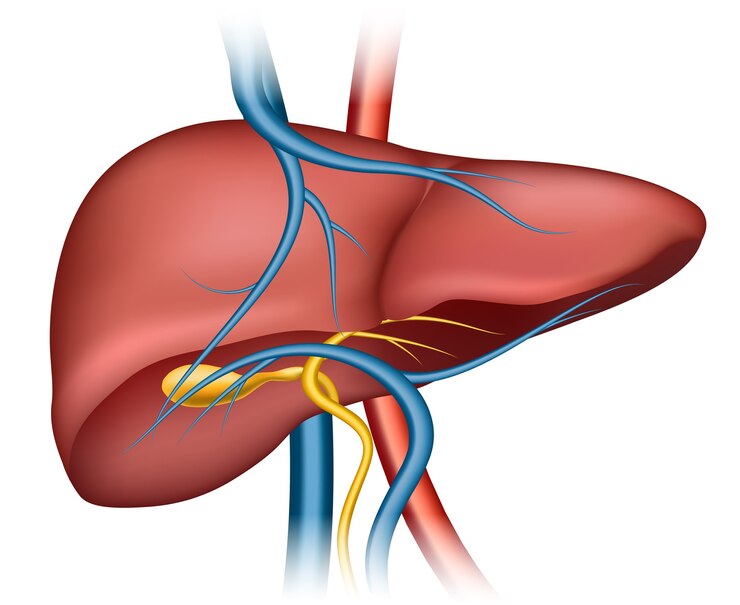







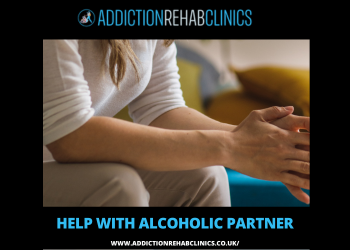




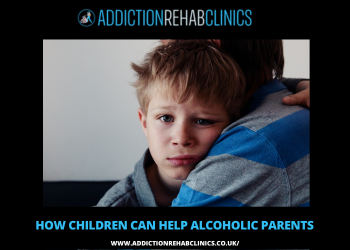













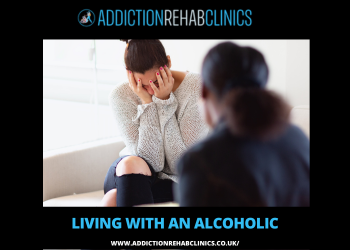
















We Aim To Reply To All Enquiries With-in 24-Hours